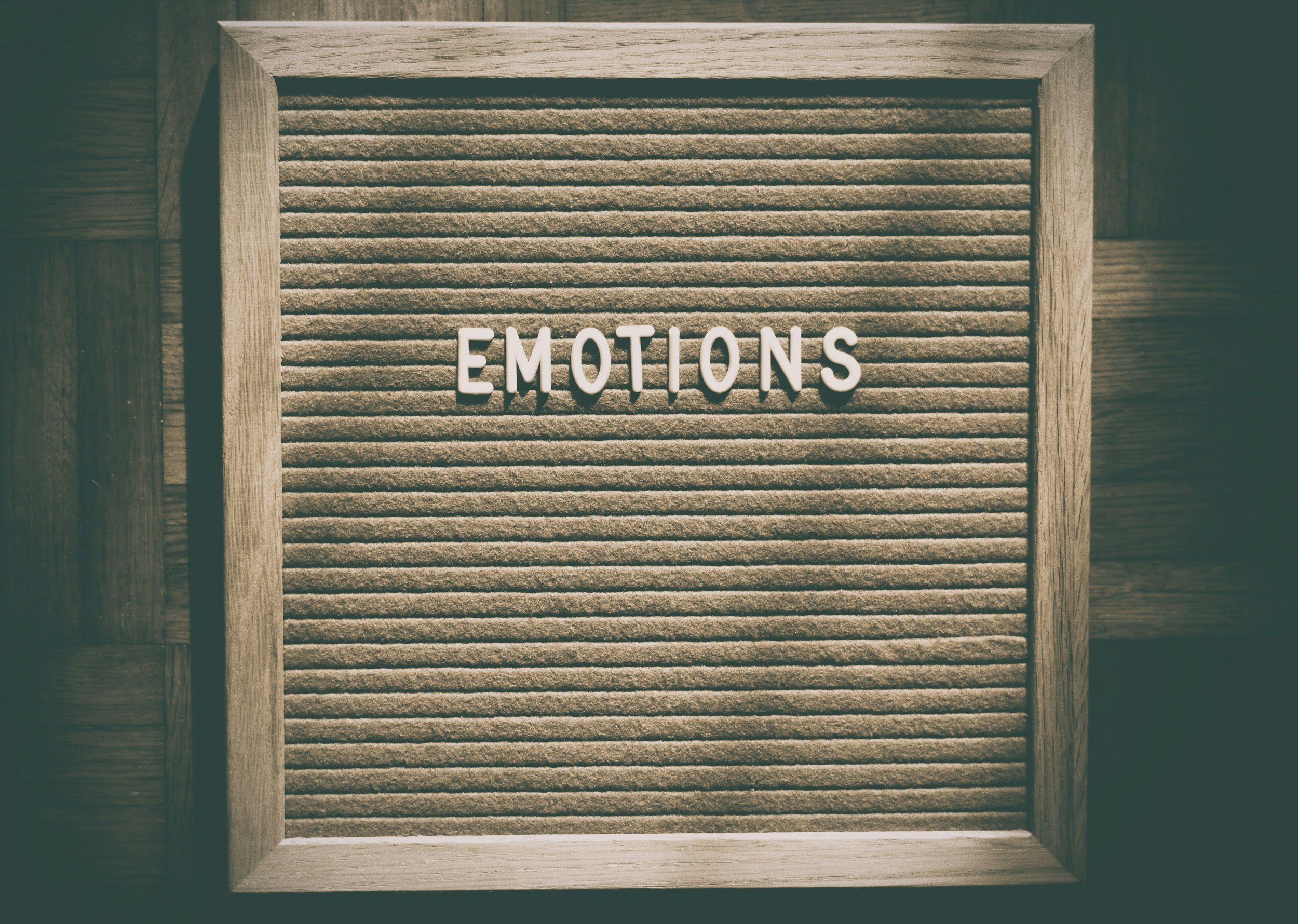16 Tips to Thrive with Adult ADHD
Approximately 1.8 million Canadians have Attention Deficit Hyperactivity Disorder (ADHD) or Attention Deficit Disorder (ADD) diagnosis. In other words, 1 in 21 people in Canada has significant attentional problems. ADHD is a disorder that affects how individuals behave, learn, and interact with others. It is characterized by inattention, impulsiveness, and/or hyperactivity. Symptoms of ADHD can vary from person to person but may include difficulty focusing, restlessness, difficulty concentrating on tasks or activities, and difficulty controlling impulses. ADHD can vary from person to person, but symptoms generally include problems with focus, hyperactivity, and impulsiveness. Treatment for ADHD can involve medication, therapy, or a combination.
How is ADHD Diagnosed?
A diagnosis of ADHD is typically made after a comprehensive evaluation by a qualified professional. It includes an assessment of symptoms (clinical interview and questionnaires), medical history, family information (genetic link), and, ideally, elementary school report cards. Elementary school report cards help the psychologist determine if attentional problems were present before age 12, a necessary criterion for an ADHD diagnosis. Also, the psychologist may ask someone close to the person (parent, partner, friend) to complete questionnaires to obtain collateral information.
Types of ADHD
Three types of ADHD can affect people – Predominantly Inattentive Type, Predominantly Hyperactive-Impulsive Type, and Combined Type.
(a) Predominant Inattentive Type ADHD
People with the predominant inattentive type often have difficulty focusing or paying attention to detail, may be easily distracted, and may have trouble staying organized or finishing tasks. Symptoms include not listening when spoken to, daydreaming often, appearing not to be paying attention, overlooking details, and having difficulty completing tasks.
(b) Predominantly Hyperactive-Impulsive Type ADHD
People with the predominantly hyperactive-impulsive type of ADHD are more likely to experience symptoms such as excessive talking, fidgeting or squirming in their seat, difficulty waiting their turn in conversations or activities, and blurting out answers before a question is finished being asked. These individuals also tend to act without thinking and can be seen as impulsive and easily distracted.
(c ) Combined Type ADHD
The combined type of ADHD integrates both inattentive and hyperactive-impulsive types. Individuals with this type tend to exhibit symptoms from both categories of ADHD, such as having trouble sitting still for long periods, struggling with focus and concentration, losing personal belongings (wallet, keys, sunglasses) and constantly being on the go.
Treatment for ADHD
Treatment for ADHD may include medication, psychotherapy, or a combination of both. Stimulant medications are used to help improve focus and manage impulsivity and hyperactivity. Non-stimulant medications may also be prescribed if stimulants are ineffective or have too many side effects. Psychotherapy can help people with ADHD learn how to manage their emotions, improve their relationships and communication skills, and develop better-coping strategies. Education and support for family members are essential components of treatment as well. With proper diagnosis and treatment, individuals with ADHD can manage the symptoms to lead fulfilling and successful lives.
16 Tips for Managing ADHD
Get Organized: Organizing can be a beneficial strategy for people with ADHD. Poor organization can worsen feelings of disorganization and overwhelm, leading to decreased productivity and motivation. Having a plan and structure helps reduce these feelings and allows individuals to focus on the task. The act of organizing can also help to increase self-esteem and reduce stress.
2. Develop a support system: A support system is essential for people with ADHD. This can include friends, family members, or professional resources like psychologists. A supportive network of people can help provide emotional support, understanding, and practical advice on managing ADHD symptoms. For example, a psychologist can identify triggers that cause the person to become overwhelmed or provide strategies to help cope with emotions.
3. Break tasks into smaller steps: Breaking large tasks into smaller, more manageable ones can help with concentration, motivation, and organization. Large projects and assignments often feel overwhelming and intimidating, decreasing motivation and focus. Breaking tasks into smaller chunks can help make completing a task or assignment less daunting and more achievable. This not only makes it easier to stay focused and motivated, but it can also help to increase confidence and self-esteem.
For example, suppose the person needs to clean their garage. In that case, they could break it down into smaller tasks, such as splitting the garage into different sections and organizing it within categories (i.e. tools, gardening supplies, car supplies). It is also essential for people with ADHD to be able to see their belongings rather than store them in cabinets. This strategy not only makes tasks more manageable but can help to prevent feelings of being overwhelmed.
4. Prioritize tasks: Prioritizing tasks is essential for people with ADHD as it allows them to focus on what needs to be done first and reduces the likelihood of becoming overwhelmed by too many competing demands. Prioritizing tasks can also help increase motivation and focus by providing a sense of where to start and seeing progress and accomplishment. However, determining a priority can be difficult for people with ADHD. Discussing priorities with trusted friends or colleagues who can help the individual set priorities can be helpful.
5. Stay active: Exercise can help to improve concentration, boost energy levels, and reduce stress. People with ADHD need to stay physically active as it helps them to manage their symptoms and stay more productive throughout the day.
6. Medication: Medication is often used in combination with other treatments for ADHD, such as lifestyle changes or therapy. Stimulant medications such as Adderall or Ritalin are commonly prescribed for individuals with ADHD, as these medicines can help to improve focus and concentration. Non-stimulant medications also may be used in combination with stimulants if needed. Additionally, antidepressants may be prescribed to manage symptoms of anxiety or depression that often accompany ADHD.
7. Realistic goals: Setting realistic goals and expectations is integral to managing ADHD. When people set unrealistic goals and expectations, they can feel overwhelmed by the amount of work that needs to be done, leading to increased anxiety and decreased motivation. Unrealistic goals also lead to feelings of not being good enough because goals are unattainable and not met. Setting realistic goals allows individuals to break tasks into manageable chunks and feel a sense of accomplishment.
8. Find activities that bring joy: Enjoyable and stimulating activities can help focus attention and reduce symptoms of ADHD. Activities such as yoga, tai chi, and mindfulness can help to reduce stress and anxiety while promoting focus and concentration. Activities like reading, watching Netflix, or journaling can help keep an individual’s mind engaged in a task that promotes focus. Finally, participating in activities such as art, music, sports, or dancing can also improve self-esteem and concentration while at the same time reducing stress.
9. Identify coping strategies: Healthy coping strategies are essential for people with ADHD. This may include deep breathing exercises, mindfulness strategies, and physical activities like walking or running. These coping strategies can help individuals manage their emotions better and reduce overwhelming feelings.
10. Establish a routine: Establishing a daily routine can help people with ADHD stay organized and on task. Having a consistent bedtime, meal times, and work or study times.
11. Use a planner or calendar to track your tasks and appointments: Using a planner or calendar to track tasks and appointments can be an invaluable tool for people with ADHD. It can help to keep individuals organized and on track, allowing them to stay focused and motivated. It also allows individuals to prioritize tasks, which can help reduce feelings of overwhelm and anxious. Planners and calendars are great for breaking tasks into manageable chunks and helping individuals remember important dates and deadlines.
12. Taking regular breaks: Timed breaks throughout the day are essential for people with ADHD; it helps to minimize hyperactivity and restlessness. Breaks should be frequent and consistent, with a goal of taking at least one five-minute break for every hour of work or study. Taking regular breaks can help individuals better manage their symptoms of ADHD, as well as improve focus and concentration.
14. Avoiding distractions: Reducing distractions in the environment is essential for individuals with ADHD. Watching TV or using the internet can be distracting and make it challenging to stay focused and motivated. Instead, establishing a designated work or study area can help minimize distractions and keep motivation levels high. This area should be free from distractions like TVs, phones, and computers. Additionally, setting aside a certain amount of time for work or studying each day can help to improve focus and concentration. Finally, listening to calming music or white noise can also be helpful when staying focused on tasks.
15. Delegating tasks: Delegating can be an effective way for those with ADHD to manage their workload and reduce feelings of overwhelm or stressed. Rather than attempting to accomplish everything independently, delegating tasks can help spread the work and make it more manageable. It is also important to note that delegating tasks does not necessarily mean that the work is being offloaded to someone else. Instead, it is about identifying which tasks one can easily handle and which could be delegated to others. Delegating tasks can help individuals with ADHD stay organized and on track while also providing an opportunity to strengthen interpersonal skills.
16. Establishing healthy habits: Healthy habits are an essential part of minimizing the symptoms of ADHD. Eating nutritious foods, such as those high in protein, complex carbohydrates, and healthy fats, can help improve focus and concentration. Additionally, getting enough sleep each night is essential for individuals with ADHD. Ensuring that one gets at least seven to eight hours of sleep each night can help minimize the effects of ADHD. Finally, a regular exercise routine can also help improve focus and concentration. Exercise releases natural endorphins that can help reduce stress and anxiety while promoting better cognitive functioning.
This is a long list, so don’t try to do all these simultaneously. Also, not all of these strategies will fit everyone. I suggest you review the list of strategies and mark off the ones you are already implementing. Then select all the strategies you would like to implement over time. From this list, I recommend choosing one or two strategies to start integrating into your life.
These strategies will benefit everyone, regardless of whether they have ADHD. By following these strategies, individuals with ADHD can better manage their symptoms, stay organized and on track, and establish healthy coping mechanisms that will not only manage symptoms of ADHD but also promote well-being and quality of life.
About Dr. Kellie
Dr. Kellie Hadden completed her Ph.D. in 2002, graduating from the University of Saskatchewan. She has been a professor in the Department of Psychology, at Memorial University, since 2001. She has been the Director of Clinical Training for the PsyD program and is actively involved in training clinical psychologists. Dr. Hadden is a clinical psychologist with over 20 years experience helping people resolve mental health barriers to a meaningful life.
Dr. Hadden is passionate about helping people understand themselves and learn coping mechanisms to manage critical thoughts and overwhelming emotions. Do you ever wonder why you do the things you do that undermine your relationships and happiness? Dr. Hadden can help you understand why you repeat patterns that keep you stuck and unable to move forward to a healthy life. She will teach you ways to cope differently with your challenges, break free from the past and chart a new course for the future.



